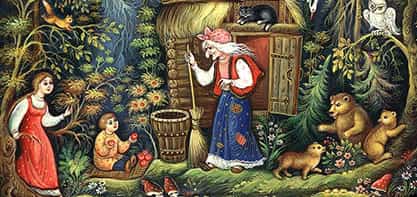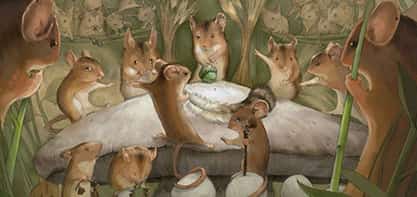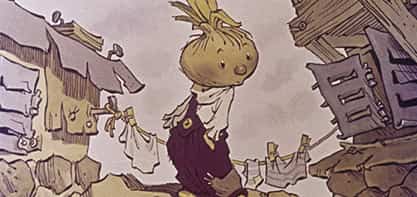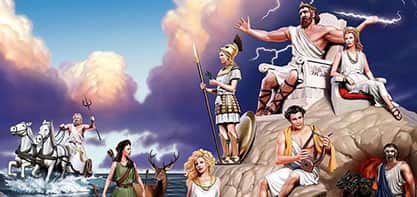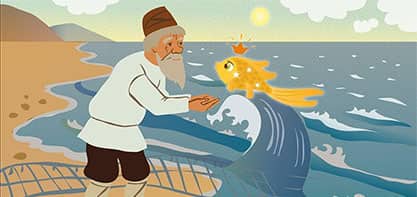Мамы и папы, воспитатели и первые учителя, добро пожаловать на Hobobo.ru!
Здесь вы найдете полезные материалы для развития ребенка, статьи по воспитанию и идеи для интересного времяпрепровождения с детьми всех возрастов.
Слушайте песни и аудиосказки с ребятами. Учите стихи и разгадывайте загадки. Читайте волшебные сказки, создавайте поделки. Ведь познавать мир и учиться в игровой форме — это весело!



